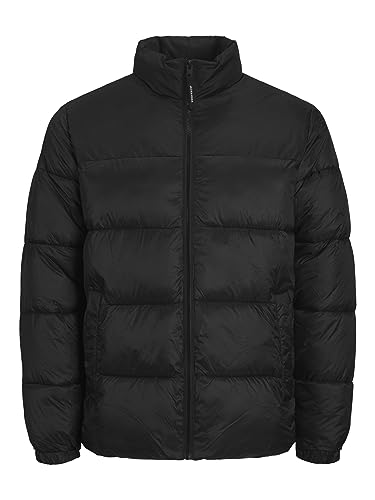Consider the Insulation
When choosing a jacket for cold weather, one of the most important factors to consider is the insulation. Insulation is what helps to keep you warm by trapping your body heat within the jacket. There are several different types of insulation to choose from, each with its own pros and cons.
One popular option is down insulation, which is made from the soft feathers of ducks or geese. Down jackets are known for being incredibly warm and lightweight, making them perfect for cold weather. However, they can be quite expensive and lose their ability to insulate if they get wet.
If you’re looking for a more affordable option, synthetic insulation may be the way to go. Synthetic jackets are made from man-made fibers that mimic the insulating properties of down. They are often less expensive than down jackets and can still provide good insulation even when wet.
Consider the Outer Shell
In addition to insulation, it’s important to consider the outer shell of the jacket. The outer shell is what protects you from the wind, rain, and snow. It’s important to choose a jacket with a durable and water-resistant shell to keep you dry and protected in harsh weather conditions.
One common material used for the outer shell of cold weather jackets is nylon. Nylon is a lightweight and durable fabric that provides excellent wind resistance. Another popular option is Gore-Tex, a waterproof and breathable material that is often used in high-performance jackets.
When choosing a jacket for cold weather, consider the activities you’ll be doing and the climate you’ll be in. If you’ll be engaging in outdoor activities in wet conditions, a jacket with a waterproof outer shell may be necessary. If you’ll be in extremely cold conditions, a jacket with a windproof outer shell may be more important.
Consider the Fit and Length
The fit and length of your jacket can also make a big difference in how well it keeps you warm. A jacket that is too tight may restrict your movement and prevent proper insulation, while a jacket that is too loose may allow cold air to seep in.
When trying on jackets, make sure to consider the layering you’ll be wearing beneath it. You may want to choose a jacket that is slightly larger to accommodate thicker layers. Additionally, consider the length of the jacket. A longer jacket may provide more coverage and keep more of your body warm, while a shorter jacket may be more practical for certain activities.
Consider the Features
When choosing a jacket for cold weather, it’s important to consider the additional features that can enhance your comfort and functionality. Some features to look out for include:
- Adjustable cuffs and hem: These allow you to customize the fit of your jacket and prevent cold air from entering.
- Hood: A hood can provide additional protection for your head and neck in harsh weather conditions.
- Pockets: Look for jackets with ample pockets to keep your hands warm and store essential items.
- Zipper and closure: A high-quality zipper and closure system can help keep the cold air out and prevent drafts.
Consider which features are most important to you and your specific needs before making your final decision.
Consider the Brand and Price
When it comes to choosing a jacket for cold weather, the brand and price can also play a role in your decision-making process. High-quality brands are often known for their durability and performance, but they can come with a higher price tag.
Do your research and read reviews to find brands that are known for their cold weather jackets. Additionally, consider the warranty and return policy offered by the brand in case you are not satisfied with your purchase.
While it’s important to invest in a jacket that will keep you warm and protected, it doesn’t necessarily mean you have to break the bank. Look out for sales or consider shopping during the off-season to find discounted prices.






